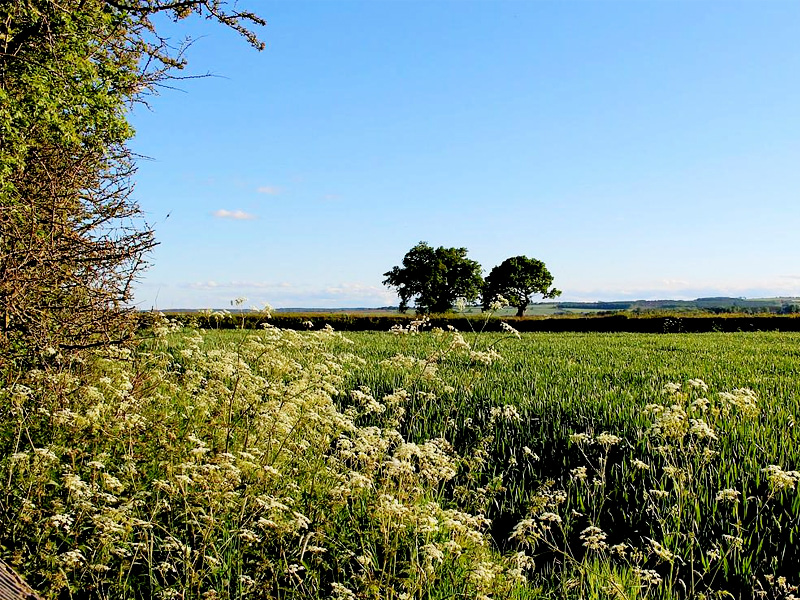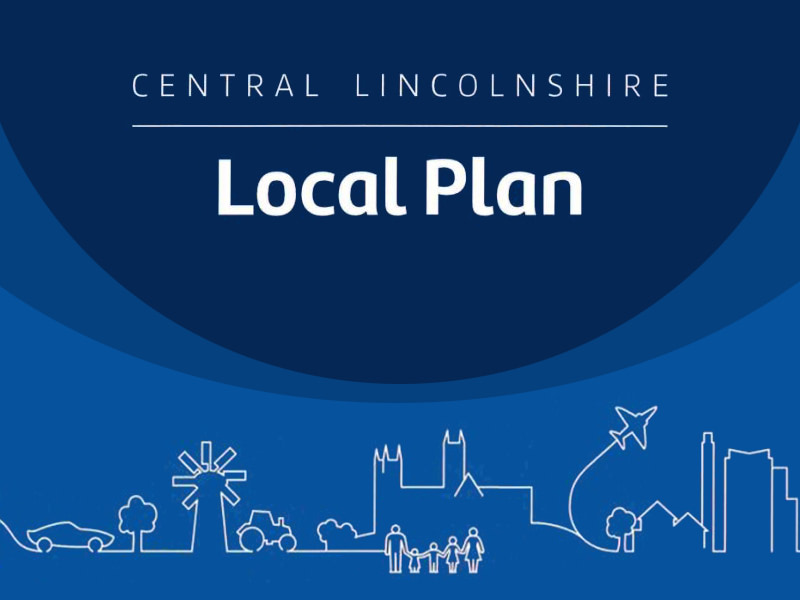The war in Ukraine, the rising cost of living and fertiliser prices are all currently combining to increase the prices of cereals, oilseed rape and many other crops. However, when things eventually return to normal, we can expect the value of agricultural land to rise, especially if it is sold to a developer.
Housing stock is still required, and developers are still looking for new sites on which to build. This has for some time been an attractive way for farmers to raise working capital. However, selling land to a developer can be lengthy, complicated, and confusing if you don’t know what you’re doing.
Thankfully, at Walters Rural, we have considerable experience in this area.
The Local Plan
This is the crux of the matter. Is the land you want to sell part of your local authority’s Local Plan? This plan looks at the housing land supply over the next five years, and if you want to sell, then you want your land to be in the local plan as this will make it easier for you or the developer to secure planning permission.
If your land is not in the Local Plan, it is not the end of the world. If we can prove that the local authority’s five-year housing plan is ineffective, we can hopefully secure planning permission on appeal.
Option Agreements
Adding land to a local plan, challenging an authority’s five-year plan and securing planning permission are medium to long-term projects and require a lot of work. They don’t happen overnight, which is why some developers will enter into option agreements which will see them buy your land once planning permission has been granted. This can be an attractive option as it reduces your risk as the developer may well pay for the planning application and then buy your land once permission is granted.
Addressing Local Concerns
It’s a common catch-22. People want to buy houses in villages and away from towns and cities, but they don’t necessarily want them built there. Public opinion is important, though, when looking to sell land to a developer. Community engagement can make all the difference, especially if you can allay their concerns and reduce the number of people who object to the sale and development.
Green Belt
Not all rural land is protected by green belt status. Furthermore, even if your land is within a green belt, planning permission can be achieved if the local authority’s five-year plan is inadequate.
If you’re considering selling some of your agricultural land and would be interested in offering it to a developer, we can help. To find out more, call 01522 696 496, email ray@walters-rural.com




